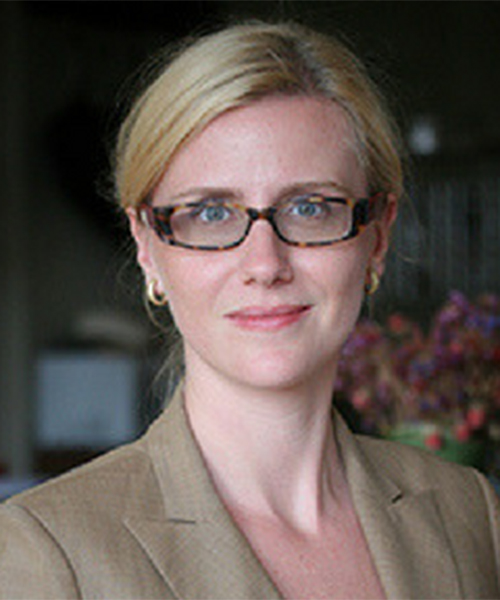Islam in Bosnia After Communism: The Saudi Connection
A Conversation with Harun Karčić and Emily Greble
Islam in Bosnia After Communism: The Saudi Connection Video Player
Wednesday, May 26, 2021
12:00 p.m. - 1:00 p.m. EDT
Location:
Online Zoom Webinar
With the collapse of Yugoslavia in the early 1990s and the resulting ethno-religious conflict in Bosnia, the international community turned its attention to the tragedy playing out in the Balkans. For Bosnia’s Muslims one of the most important sources of external support came in the form of humanitarian relief and assistance from Saudi Arabia. Alongside its charitable contributions, Saudi Arabia also promoted in Bosnia the austere form of Salafi Islam—commonly known as Wahhabism—associated with the desert kingdom. Thirty years after the war, how should we regard the legacy of these transnational religious influences? To what extent have they reshaped the religious landscape of Bosnia? Are younger Bosnians turning to Salafism today because of the Saudi connection, or because of reasons closer to home?
In this conversation, journalist and scholar Harun Karčić was joined by Emily Greble, associate professor of history at Vanderbilt University, to discuss his new short documentary film Islam in Bosnia After Communism: The Saudi Connection. This film, which was produced by the Berkley Center’s Geopolitics of Religious Soft Power (GRSP) project, explores the question of Saudi Arabia’s influence on Islam in Bosnia against the backdrop of Sarajevo’s evolving religious life. Peter Mandaville, Berkley Center senior fellow and director of the GRSP project, moderated.
This event was co-sponsored by Georgetown University’s Berkley Center for Religion, Peace, and World Affairs and Prince Alwaleed bin Talal Center for Muslim-Christian Understanding.
Discover similar content through these related topics and regions.
Image Gallery
Image Gallery
/1

Stari Most (Old Bridge) in Bosnia and Herzegovina.



